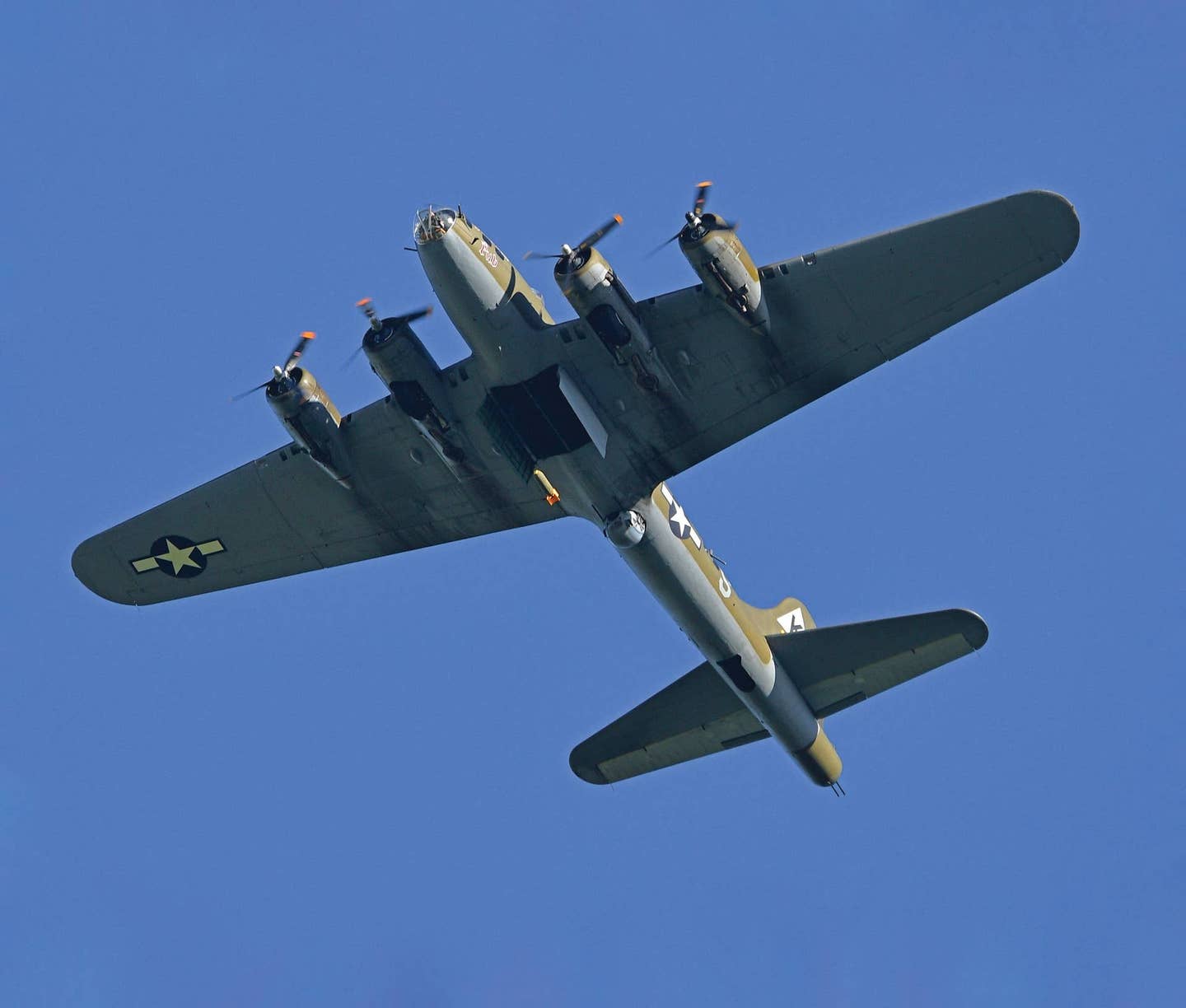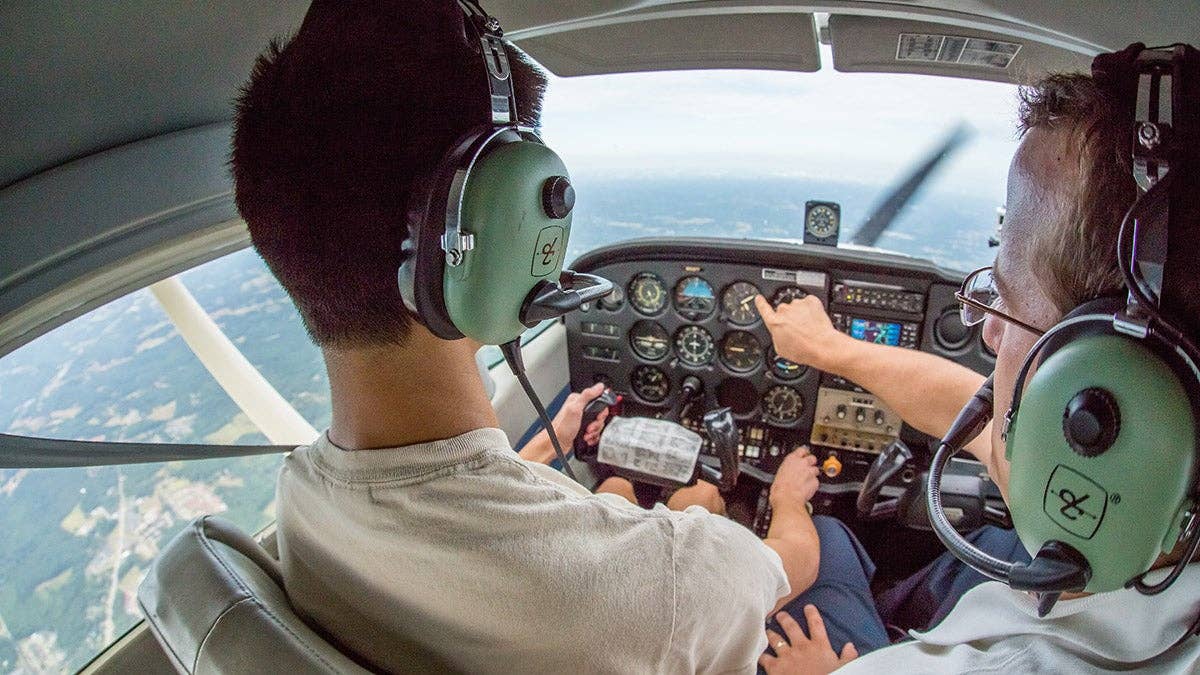
Some of aviation’s biggest names are banding together and taking legal action in an attempt to preserve flying privacy and reverse the elimination of the Block Aircraft Registration Request (BARR) program, a move recently announced by the Federal Aviation Administration (FAA).** **
BARR currently allows aviators to block the public dissemination of their flight information, such as tail number, location, altitude, point of origin and destination, among other details. Under the new policy, which is scheduled to take effect August 1, the only way individuals can keep their information guarded is if they can illustrate a valid security concern.
In response to the move, the National Business Aviation Association (NBAA), Aircraft Owners and Pilots Association (AOPA) and Experimental Aircraft Association (EAA) announced this week that they are seeking a legal injunction to invalidate and prevent implementation of the new policy.
When announcing the legal measure, Ed Bolen, NBAA President and CEO, was particularly outspoken against the FAA’s plan.
“The agency appears to have simply ignored thousands of individuals and companies that voiced their strong and principled opposition to this change,” he said in an NBAA press release. “This is an alarming development, with implications that extend well beyond private aviation.”
The new rule, which was initially hinted at just a few months ago, has stirred strong opposition not only from aviation enthusiasts, but leaders in other sectors as well.
In a March letter to FAA Administrator Randy Babbitt, members of the U.S. Chamber of Commerce, the National Association of Manufacturers and the Business Roundtable said this: “The FAA’s plan to restrict the BARR program would be an unwarranted invasion of privacy, a threat to the competitiveness of U.S. companies and a potential risk to persons traveling on a general aviation aircraft.”
Despite such strong resistance and prior litigation initiatives, the fight to block the flow of flight information to the public has suffered a number of set-backs in recent years. In March of last year, a federal court ruled the FAA must release the names of participants in the BARR program, denying a countersuit filed by the NBAA. The latest FAA move, however, is perhaps a final blow to the program.
U.S. Transportation Secretary Ray LaHood defended the agency’s decision in a recent press release, stating, “Both general aviation and commercial aircraft use the public airspace and air traffic control facilities, and the public has a right to information about their activities.”

Sign-up for newsletters & special offers!
Get the latest FLYING stories & special offers delivered directly to your inbox






